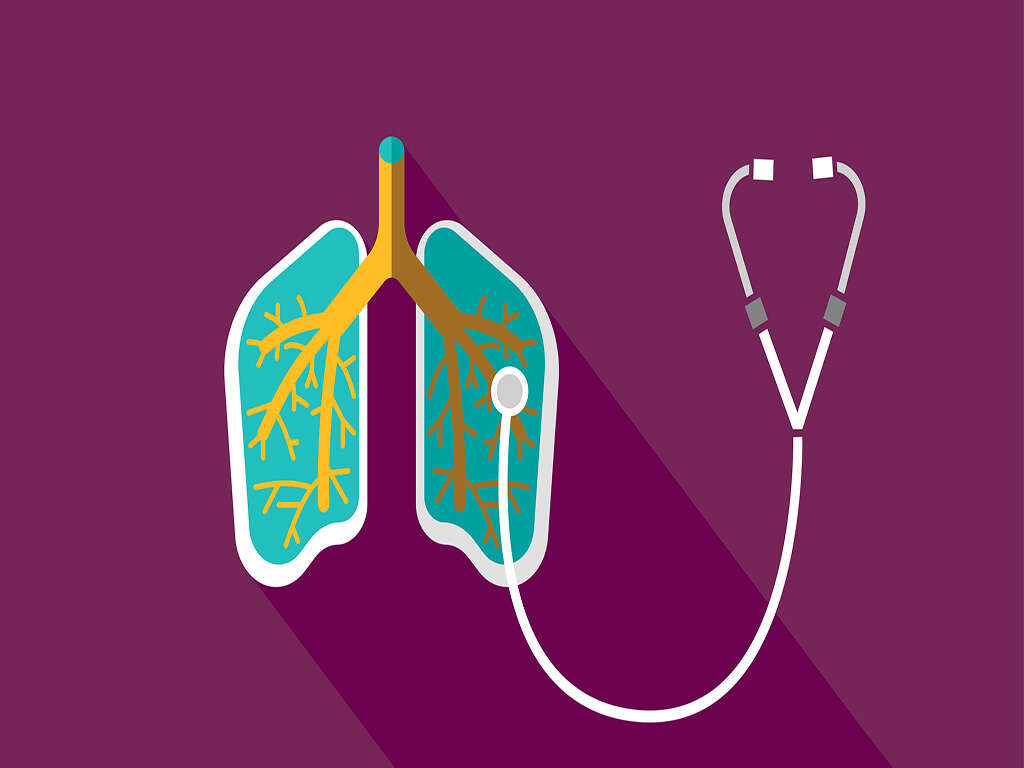10 Hypercapnia Symptoms
 Article Sources
Article Sources
- 1. Patel, Shivani. 'Physiology, Carbon Dioxide Retention.' StatPearls /[Internet/]., U.S. National Library of Medicine, 4 Jan. 2021, www.ncbi.nlm.nih.gov/books/NBK482456/
- 2. 'Fatigue Causes.' Mayo Clinic, Mayo Foundation for Medical Education and Research, 2 Dec. 2020, www.mayoclinic.org/symptoms/fatigue/basics/causes/sym-20050894
- 3. The Puzzle of Blushing. 'The Puzzle of Blushing'| The Psychologist, thepsychologist.bps.org.uk/volume-23/edition-5/puzzle-blushing
- 4. National Institute on Drug Abuse. 'Hallucinogens DrugFacts.' National Institute on Drug Abuse, 9 June 2021, www.drugabuse.gov/publications/drugfacts/hallucinogens
- 5. Muscle Spasms (Muscle Cramps): 'Causes, Pain Relief & Treatment.' Cleveland Clinic, my.clevelandclinic.org/health/diseases/15466-muscle-spasms
Breathlessness
When carbon dioxide levels in the blood rise, the brain notifies the body that it's time to increase the breathing rate. When this happens, an individual may start to take in deeper and sharper breaths, resulting in a sense of breathlessness.
Many people describe the unpleasant sensation of breathlessness as a feeling of being winded. They may feel tightness in the chest and breathing can sometimes hurt. Medically known as dyspnea, shortness of breath can also result from medical conditions, such as asthma and bronchitis.
Advertisement










